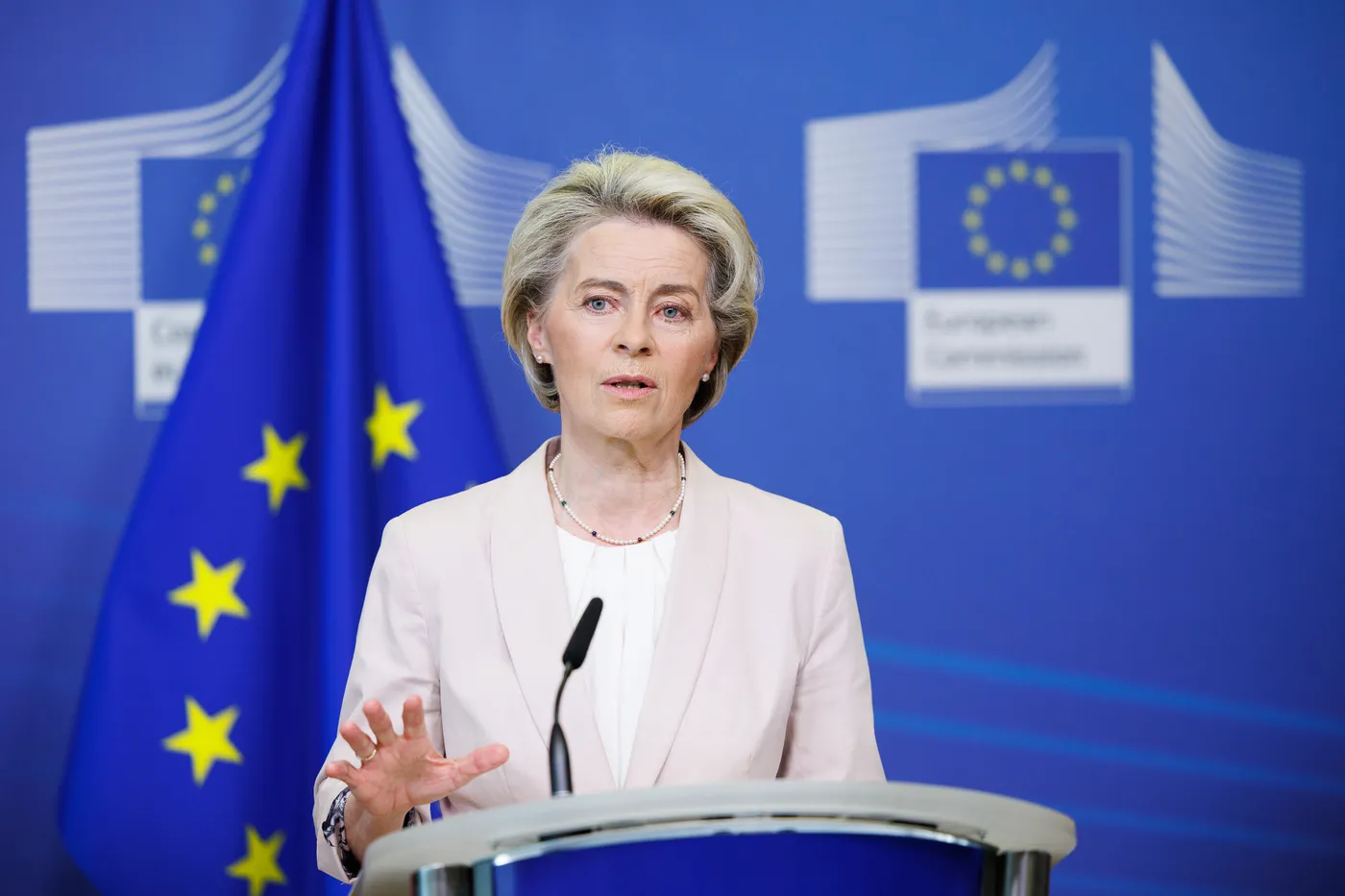FIRST STAGE
- The European Parliament responsible committee will have to appoint a rapporteur (and shadow rapporteurs), who will draft a report with potential amendments to the Commission proposal as a recommendation for a vote. If the European Parliament (EP) chooses to follow the expedited procedure, deadlines for amendments for other EP members will be shortened, hearings and readings might be skipped, and the matter might go straight to the plenary.
- The Council will convene a Working Group to scrutinise the proposal and reach a common position. Ambassadors must then sign this.
- At the final stage, the EU Commission, Council, and Parliament will hold a so-called trilogue to try to find a compromise (if the Commission's proposal has been changed).
- The final text will be submitted to lawyer linguists for translation into the 24 official languages. Subsequently, it will be published in the Official Journal and enter into effect three days thereafter (according to the Commission proposal).
So, vote in Parliament first then in council?
Formally yes. But they will work in parallel.
Is there a percentage majority required in Parliament?
Simple majority (i.e. a majority of the votes cast)
Does every member state have to approve in Council?
No. Qualified majority required, and aqualified majority is reached if two conditions are simultaneously met:
What is the timeline?
If everything goes to plan, the full legislative procedure could last one to two months. Then, the translation and publication process, meaning the postponement, would enter into force some days before 30 December 2024.
However, there’s a caveat: Will the Commission proposal get the required majority in the EU Parliament? Greens, Socialists and Liberals publicly rejected a delay.
Marc Donaldson, an influential confectionery industry figure with inside knowledge of how Brussels works regarding these matters, told cocoaradar.com: “I imagine [European Commission President] Ursula von der Leyen has reached out to party leader before the announcement to delay the EUDR trying to secure a majority.
“But it has to be borne in mind that there is no strict party voting discipline in the EU Parliament (in contrast to national level). Party members in the EP don’t always follow the party line of their party leaders.
“I imagine that the German Chancellor Scholz (being Socialist) will try to exert influence in the EP Socialist party. And the same goes for the Macron government as regards to the Liberals. But will it suffice? Difficult to say, and von der Leyen may have to get 'cozy' with the extreme right-wing parties (see comment below) who despise the Green Deal. Something she wanted to avoid at all costs.
“I am not much concerned about the Council: 22 out of 27 Member States wanted the delay over the course of the year. This has not changed significantly according to my intel.”
Finally, will there be amendments that could prolong the procedure?
Amendments could derail the timeline. Any Member of the EU Parliament or any Member State can put forward amendments. Some Member States and Members of the EU Parliament might see a chance to dismantle EUDR by adding amendments that change substantive elements of the Regulation.
Greens and liberal EU parties unite against threat from the right
Writing on LinkedIn, Bas Eickhout, European leader of GroenLinks-Pvd party, said the postponement is bad news and comes after "ghost stories" about bureaucracy from the (extreme) right, but also legitimate concerns from developing countries that have not been sufficiently helped by the Commission and are therefore not yet ready for implementation.
“Above all, it is a warning sign. In more and more countries, the (extreme) right has the wind in its sails, and pressure is being exerted on Europe to weaken nature protection," he said.
"This makes it all the more important for progressive, democratic parties to work more closely together to counter this dangerous development. The Greens and Social Democrats are already working more and more closely with each other, and we also find support for nature conservation with the Liberals.
"In this respect, I am particularly concerned about the role that Christian Democrats will play. The EPP group is the largest political group in the European Parliament, and it is under pressure from EPP boss Manfred Weber that the European Commission now wants to postpone the deforestation law by a year – even though the party itself negotiated the law last year!
"It will be decisive whether the Christian Democrats will respect the 'cordon sanitaire' or whether they will cooperate with the radical right at crucial moments to weaken nature conservation.
"In addition, it is important that the European Commission does not frustrate the laws that have been adopted after a thorough democratic process by dragging its feet on implementation or succumbing to pressure from the (extreme) right.
“Only in this way can we ensure that the state of nature does not deteriorate further, but rather improves."

